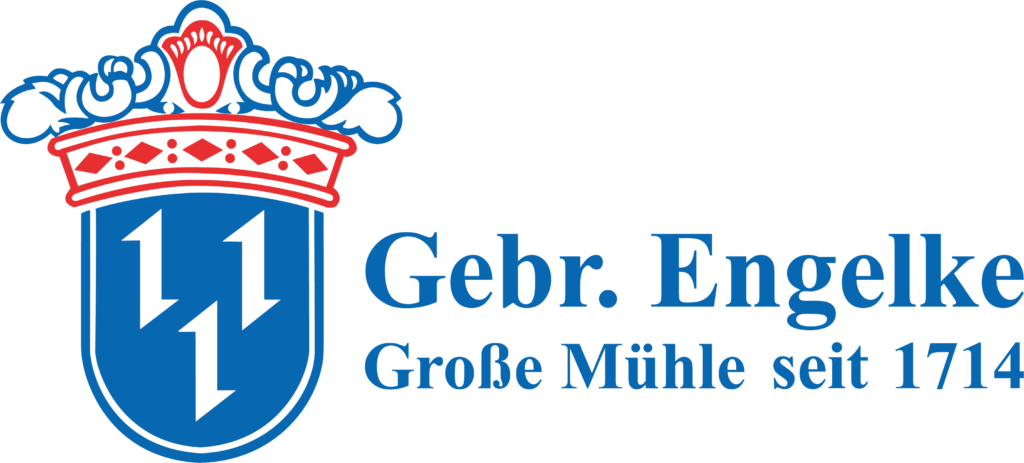
2014
300th anniversary of the Große Mühle
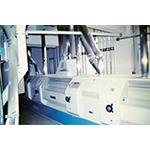
1999/2000
Mounting of a new grinding system of the company Bühler (capacity: 300 tons/day) in the empty building section
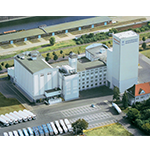
1992
Contract signing on July 21st, 1992 for the acquisition of Magdeburger Mühlenwerke
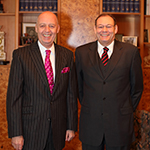
1990
By capital contribution today’s managers Joachim jr. and Christof became partners of the company Gebr. Engelke. Simultaneously the company was converted to a limited commercial partnership with the seniors as limited partners and the sons as general partners.
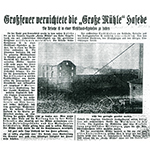
1940/1941
On November 23rd, 1940 there was an elevator fire at night and a subsequent flour explosion which resulted in a large fire in the mill. The grain silos built before (1931-1933) were not affected. Immediately after the fire they started rebuilding the mill and the production could be continued in 1941.
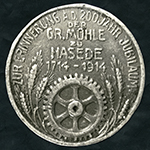
1914
200th anniversary: Competition between the mills had become increasingly stronger, but a rather modern mill was used and no debt was outstanding. They withstood the phase of the ruin of many mills by keeping an eye on the risks and the significant price fluctuations, caring for the customers, and leading the company in an efficient way.
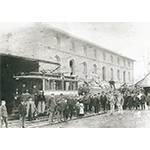
1895/1899
Joachim Engelke was granted the permission to build a tramway between Hildesheim and Hasede for the passenger and goods transport. Following planning and building phases of less than four years, the passenger transport was started in the year 1899 and a bit later the goods transport followed comprising a rail connection to the mill.
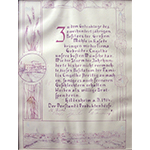
1863
In order to counteract the increase in prices in the grain trade due to intermediaries, the grain exchange in Hanover was founded in the year 1863. This was aimed at ensuring more adequate prices and shorter distribution channels for the consumer. This union still exists. Since 2003 it bears the name “Vereinigte Getreide und Produktenbörse Braunschweig-Hannover-Magdeburg e. V.“.
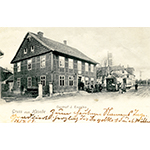
Ab 1800
Back then, taverns were regarded as good commodity exchanges for grain trade. Thus, the Engelke family, too, owned the tavern “Gasthof Engelke“ in Hasede (present name “Hof Dressler“), “Scharfe Ecke“ (today junction towards Gießen), and “Krug“ in Steuerwald.
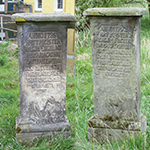
1779 und 1785
To be able to cope with ice conditions and flood, two Freifluten (artificial diversions) were erected in 1779 and 1785.
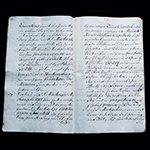
1772
The boom of trade and commerce in the second half of the 18th century encouraged Johann Joachim Engelke (1743-1811) to order a notary to make a copy of the document. Thus, the original document of the year 1714 was to be exactly reproduced in order to prevent the canons from taking advantage of the favorable trade conditions and raise the mill rent. In the former documents the annual mill rent of 250 Reichstaler was denoted as “unchangeable”.
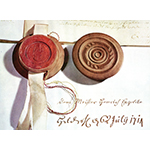
1714
On July 6th, 1714 the cathedral chapter assigned the Große Mühle and Klickmühle to hereditary leasehold to Heinrich Engelke (1661-1733) for the first time. This was recorded in a detailed and sealed document which is still held by the Engelke family.
